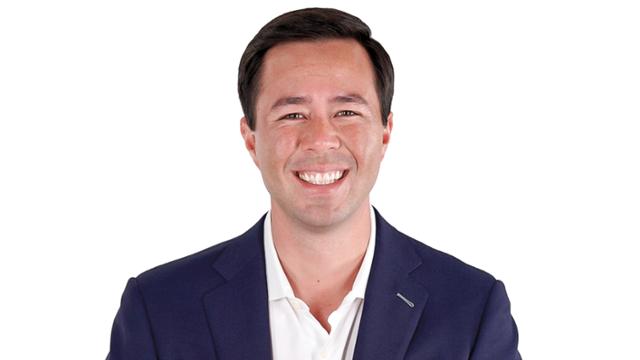Business
In pursuit of the project
With so much telework these past two years, the future of commercial buildings must be a big discussion topic at your firm. What’s the scoop?
New development has been lighter than normal since the beginning of the pandemic, but activity has begun to increase, and many larger corporate tenants are resuming their search for new offices. We think that despite a trend toward more flexibility with remote work for employees, companies still believe that in-office, human-to-human collaboration is still highly valuable.
Given diseases, noise, and privacy complaints, are open-plan office spaces over?
Not necessarily. We still think open workspaces will remain prevalent, as well as the continued need for collaboration spaces. The focus on smart technology in the workplace is stronger than ever as employers want to ensure their employees feel connected to the mission on a variety of technological platforms.
How will major corporate headquarters change by midcentury? Will we be sharing desks or offices? Will there be car elevators?
We’ll certainly see changes because of autonomous vehicles; the amount of parking and how it looks will be different. More buildings will be constructed around net-carbon-neutral goals. Also “WELL buildings” — concerned with the health and well-being of the people in them — are a concept that is here to stay, from energy and water efficiency to air quality enhancement, even eco-friendly glass.
Do you see any nexus between political science and commercial real estate?
[Laughs] I majored in political science because I potentially wanted to pursue a career in law. My father was — is — an attorney. I really enjoyed political science, but I started to become more interested in construction and real estate and ended up with an internship at Turner Construction, which turned into a full-time job.
So, no, there aren’t a whole lot of parallels other than my natural desire to be around people, engaging with folks and building relationships. We work in a client-driven business, based around serving our clients and making sure the outcomes are what we say they’re going to be.
Do you have a favorite project?
What really gets my juices flowing is the pursuit of the project. I’ve always loved the opportunity to be creative and exercise strategy. It’s the most exciting part of the project life cycle for me — the upfront sales piece, the procurement of the business, to showing our client that we’re the right partner for them. I love that.
It’s always a team approach to every major deal; everyone from marketing to operations to the transactions team has a hand in it. The time this takes varies by, for instance, how far out the deal is and what the client’s objectives are. Sometimes it’s three to four years from the time we meet the prospective client; sometimes it resolves in months.
How does being based in Texas affect your life and work?
The only time I haven’t been in Texas was when I went to Richmond for four years. I wanted to come right back because it’s where my family is from, where I grew up, a vibrant and friendly place to be in. North Texas has attracted a lot of corporate headquarters relocations — Toyota and State Farm among others — so we’re in a great spot.
